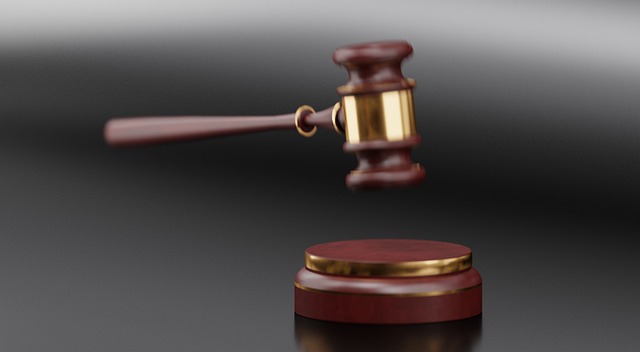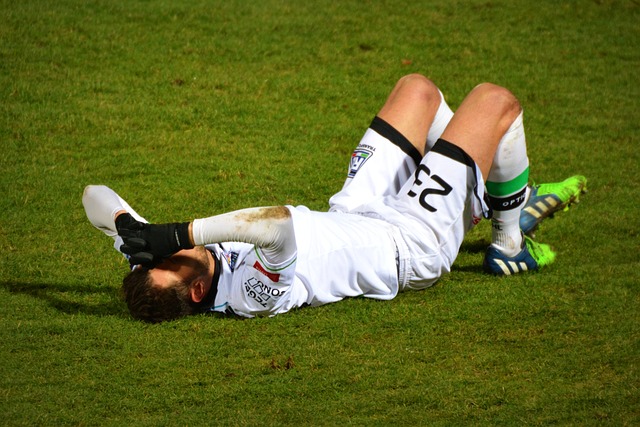Victims of medical negligence should hire an experienced medical negligence attorney to protect their rights and seek compensation. These attorneys specialize in navigating complex medical cases, gathering evidence (including expert opinions, hospital reports, witness statements), and advocating for fair financial settlements or trials. They ensure every detail is explored within legal standards and ethical practices, holding healthcare providers accountable for breaches of fiduciary duty. Through rigorous case preparation, expert consultations, clear guidelines, and digital record-keeping, medical negligence attorneys present compelling evidence to support personal injury claims, ultimately serving justice.
In the intricate world of medical lawsuits, proper evidence is paramount. Understanding what constitutes robust medical evidence—the cornerstone of negligence cases—is crucial for both plaintiffs and defendants. A skilled medical negligence attorney plays a pivotal role in presenting this evidence effectively. This article explores the significance of evidence in medical negligence litigation, delving into its types, admissibility, and reliability, offering insights that can strengthen your case with the help of a dedicated legal professional.
- Understanding Medical Evidence: The Cornerstone of Negligence Cases
- Role of a Medical Negligence Attorney in Presenting Evidence
- Ensuring Admissibility and Reliability: Challenges and Solutions
Understanding Medical Evidence: The Cornerstone of Negligence Cases
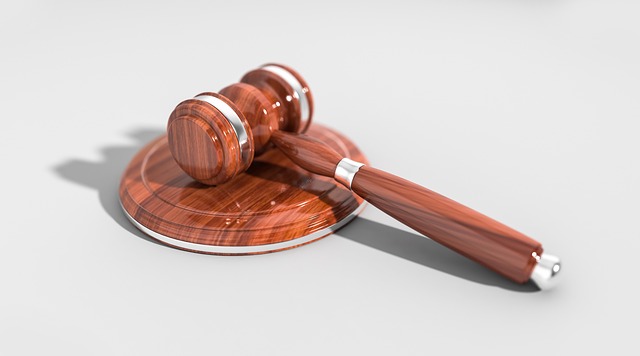
Role of a Medical Negligence Attorney in Presenting Evidence
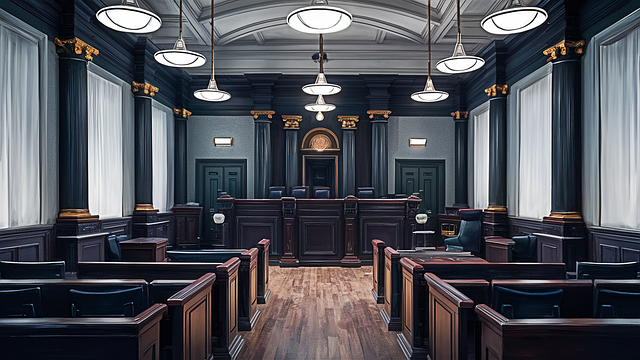
When navigating complex medical lawsuits, a skilled medical negligence attorney plays a pivotal role in presenting compelling evidence to support their client’s personal injury claims. These attorneys are well-versed in understanding intricate medical records, interpreting complex data, and identifying potential breaches of fiduciary duty within healthcare settings.
They meticulously gather and organize evidence, including expert opinions, hospital reports, and witness statements, to construct a robust case for their clients’ client recovery. By employing strategic litigation techniques, they ensure that every detail is explored, adhering to legal standards and ethical practices. This comprehensive approach not only strengthens the case but also guarantees that justice is served in medical negligence cases.
Ensuring Admissibility and Reliability: Challenges and Solutions
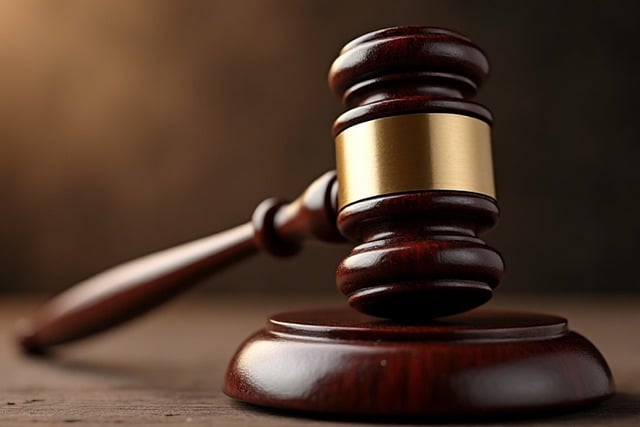
Ensuring admissibility and reliability of evidence is paramount in medical lawsuits, where accuracy and trustworthiness can make or break a case. Medical negligence attorneys face significant challenges in this regard due to the complex nature of medical records, potential for tampering or misinterpretation, and the need for clear, concise presentations. For instance, nursing home abuse cases often hinge on discrepancies in patient care records, requiring meticulous scrutiny by legal professionals.
To overcome these hurdles, solutions lie in rigorous case preparation, expert consultations, and adherence to strict evidentiary standards. Personal injury attorneys can engage medical experts who can interpret complex data and provide unbiased opinions, bolstering the credibility of evidence. Furthermore, establishing clear guidelines for document collection and authentication, along with implementing robust digital record-keeping practices, can enhance the reliability of evidence, ensuring that cases are decided based on solid, admissible facts rather than speculation or error. This is especially crucial in addressing fiduciary duty breaches where trust and transparency are paramount.
Proper evidence is indispensable in medical negligence cases, serving as the foundation for establishing liability. Engaging a skilled medical negligence attorney is crucial for navigating the complex landscape of evidence presentation. They ensure that all information is admissible and reliable, addressing challenges through expert testimony, thorough documentation, and rigorous scrutiny. When presented effectively, this evidence becomes a powerful symphony, leading to just outcomes for patients harmed by medical neglect.

